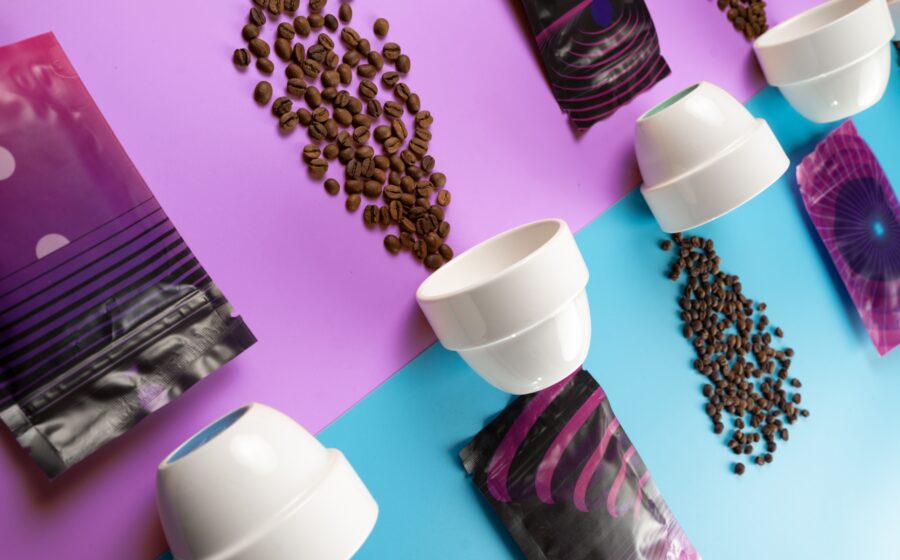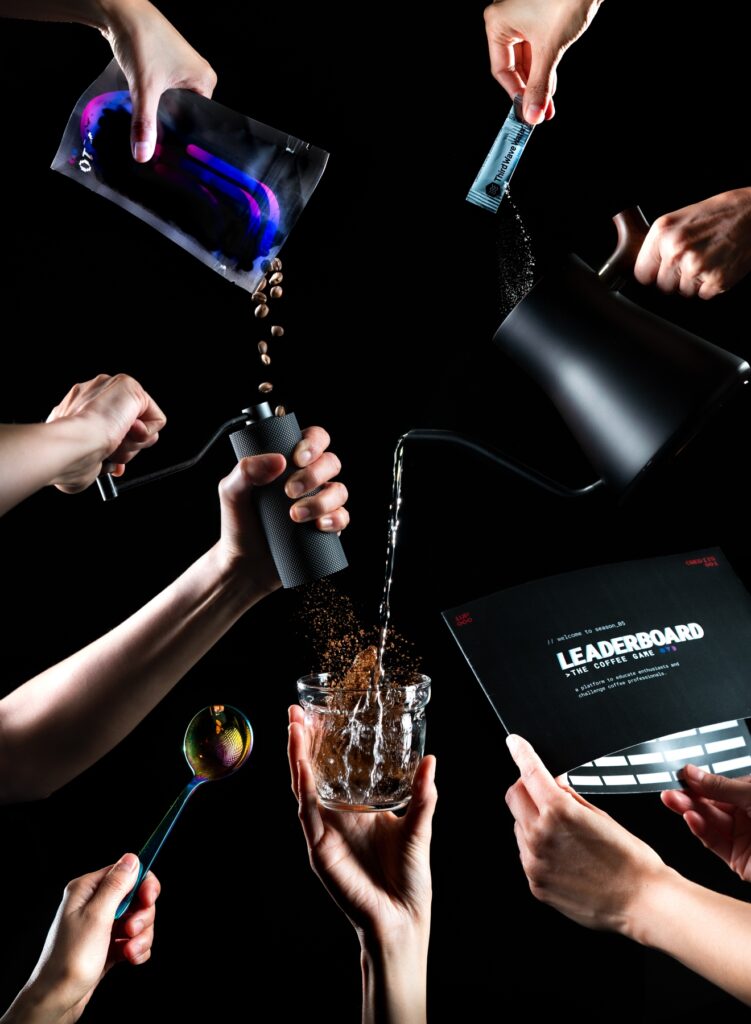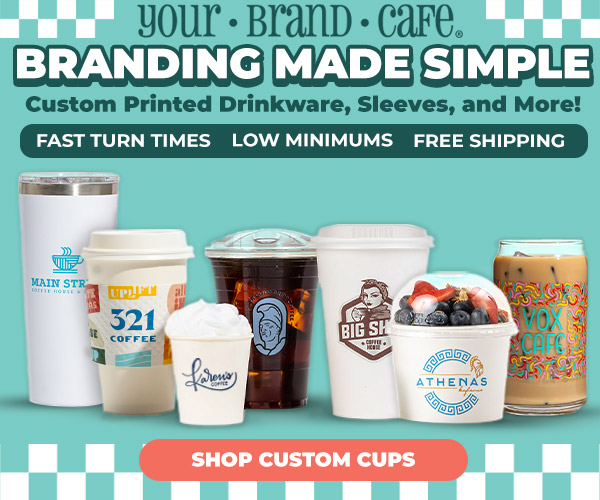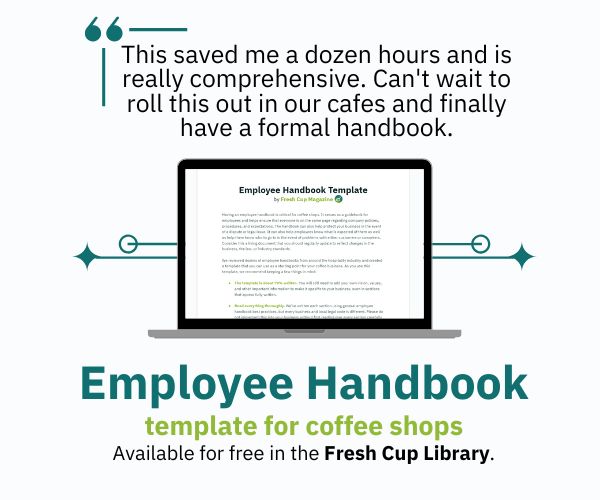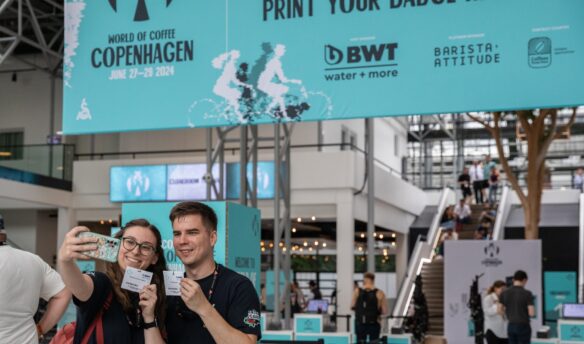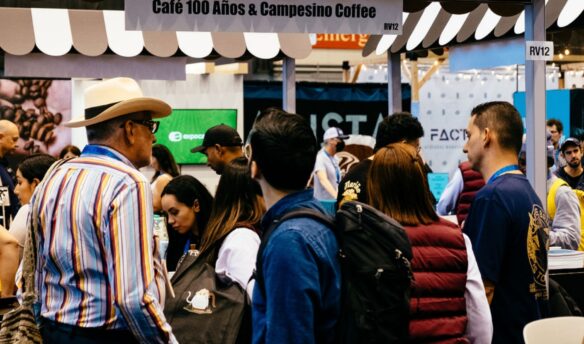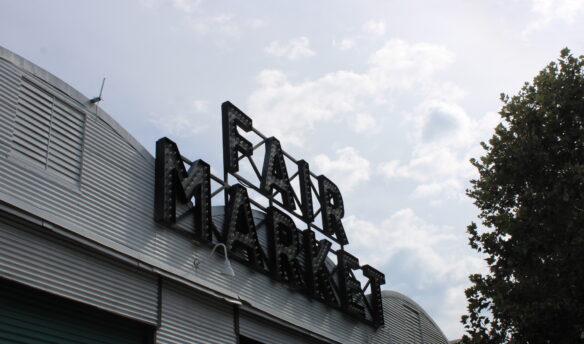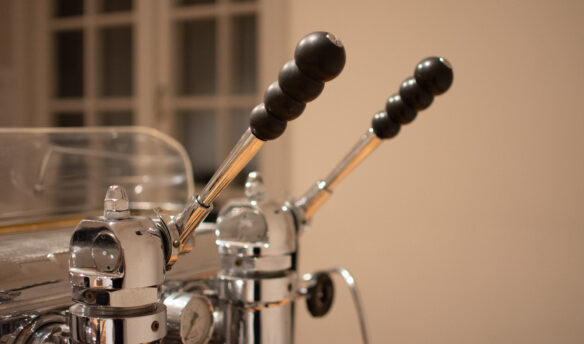Many have returned to hosting in-person events as the world tries to move past the COVID-19 pandemic. From book clubs to lectures to latte art throwdowns, barista competitions to international conferences on every subject imaginable, in-person events are booming.
Meanwhile, COVID-19 is still circulating widely, and in-person events remain out of reach for the immunocompromised and those with preexisting conditions. On top of that, many with disabilities or fiscal limitations—groups that could not always gather in person before the pandemic—found community through digital events during COVID-19 lockdown restrictions and are now losing that access.
Many organizations turned to virtual platforms to host competitions, gatherings, and lectures, recalibrating once in-person events for a digital audience. But some were born during the pandemic and remain rooted in online and virtual spaces.
When Suneal Pabari approached Grant Gamble about a subscription-based coffee game, the idea was for participants to play at home versus on stage in front of others. The two came up with Leaderboard: The Coffee Game, an at-home game that removed the performance aspect of most coffee competitions and allowed people to play at their own speed.
Virtual Learning and Play
Leaderboard: The Coffee Game was born in late 2020 when Pabari, who is based in Toronto, approached Grant Gamble with the idea for a coffee competition that could be played at home, in contrast to most coffee competitions that happen in front of a crowd. The two took the idea from concept to real-life-arcade-game in three months and sold out their first four seasons.
The basic gameplay is a blind coffee tasting: Leaderboard sends participants ten coffees from different roasters without identifying information. Participants must guess details like origin, variety, process, elevation, and roast type.
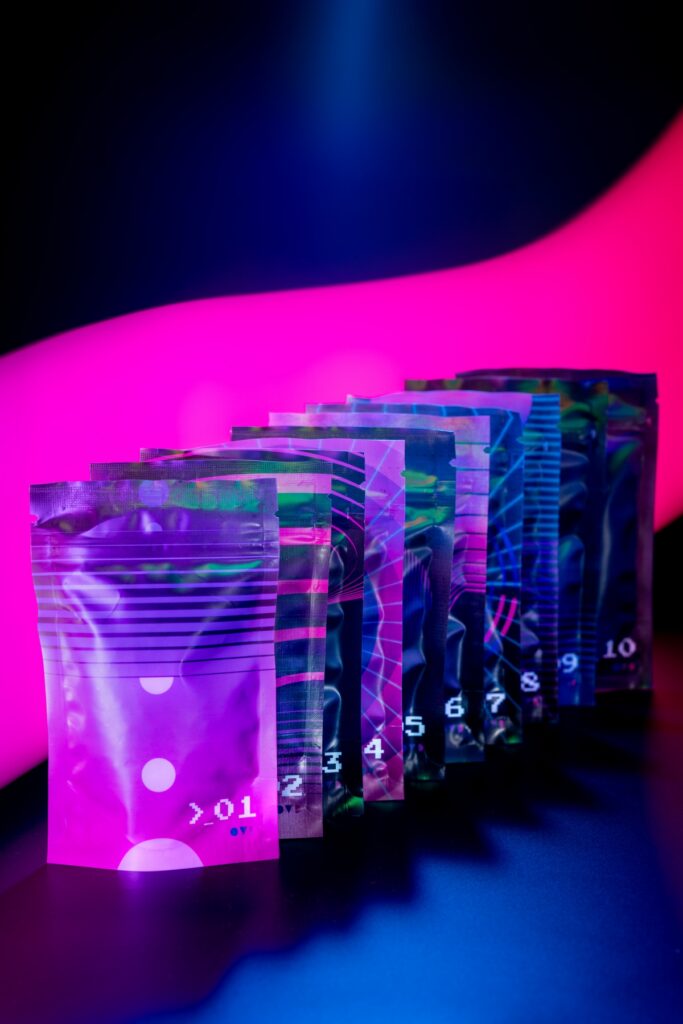
“I had always been intrigued by the Cup Tasters Competition,” Pabari says, referring to an international coffee competition where people have to guess which coffee in a set of three is different from the other two. “It’s such a fun competition! But I can only imagine how nerve-wracking it would be to get on stage and taste coffee.” He started thinking about ways to recalibrate the competition for a home audience. “How could we make it more accessible for anyone? How could we make it educational? How could we make it more fun?”
Pabari already had a successful coffee subscription program, The Roasters Pack, which features coffees from roasters across Canada. In each release for The Roasters Pack, he included one mystery coffee, which became part of the inspiration for Leaderboard. “People loved the challenge,” says Parbari, “so I knew there was something there.”
2020 saw all coffee events come to a halt, and Pabari felt the impact of that void. “It felt like the coffee community was craving a virtual coffee event,” he said. “I reached out to my pal Grant about the concept of a mystery coffee-tasting competition, and he loved it. From then on, we had brainstorming sessions on how to make the project accessible, challenging, educational, and super fun.”
At the time, Gamble’s company, Culture Coffee Project, depended entirely on events—particularly large-scale festivals, trade shows, and symposiums. When the pandemic hit, “my career was swept from under me in a matter of days,” he says. “Not only that, but both myself and much of the industry lost those valuable opportunities to stay connected to one another, which was a secondary hit to mental health.”
Amid the chaos, Pabari called him with a dream for a subscription-based competition, which became Leaderboard.
No Matter Where You Are
Leaderboard was designed to be a global coffee game for all, unrestricted by distance or location. “At its core, Leaderboard is an approachable educational platform and means for colleagues or like-minded people to connect over a shared love for coffee—no matter the distance between them,” says Gamble. “For me, that’s been the most rewarding part of the project: seeing communities around the world connecting locally and internationally about their shared experiences with each season.” Leaderboard sends out boxes every three months.
Although some organizations are moving back to in-person events, Pabari says the reception of Leaderboard has taught him that digital events are still necessary—and underrated. “We’ve seen how connected our community has gotten through our Instagram and Discord server—it’s amazing,” he says. They’ve shipped game kits to thousands of participants in over 50 countries.
“The other aspect is accessibility,” Pabari notes. “If you’re not in a larger city, there likely wouldn’t be regular coffee events. We have players from tiny cities around the world, and it’s great that they get to participate and learn with everyone else.”
Gamble thinks virtual events can be more inclusive from a cost perspective by eliminating the need for travel. Because of that, he’s seen more global participation than he would otherwise have seen for a live event. “If Leaderboard had been solely an in-person event hosted in Canada, I doubt we would have ever grown the community outside our borders,” says Gamble. “Because of this accessibility and approachability, we have industry professionals and enthusiasts in over 50 countries playing the game.”
For those looking to create their own virtual events, Pabari advises listening to and learning from your audience. “When running an in-person event, it’s easier to visually see what’s not working. With digital events, you don’t have that strong feedback loop—and as a result, you really need to be talking to the folks participating to learn from their experience.”
“It’s far too easy for virtual events to feel stale and static, so focus on making an engaging, interactive experience,” says Gamble. “If you’re relying on video content for your digital affair, then you are no longer competing with traditional events; you’re competing with Netflix, YouTube, and the entire internet at the fingertips of your viewers. Think of digital technology as your ally in creating the experience, not simply as the vessel for delivering it.”
Leaderboard remains both wildly popular and entirely virtual. While it arose during the pandemic, it’s a great example of how high-quality virtual events transcend a specific moment and become community staples. Leaderboard demonstrates that digital events can be more than just temporary solutions, bring together new audiences, and provide entertainment and enrichment that wouldn’t be possible in person.
Photos by @brewtones

